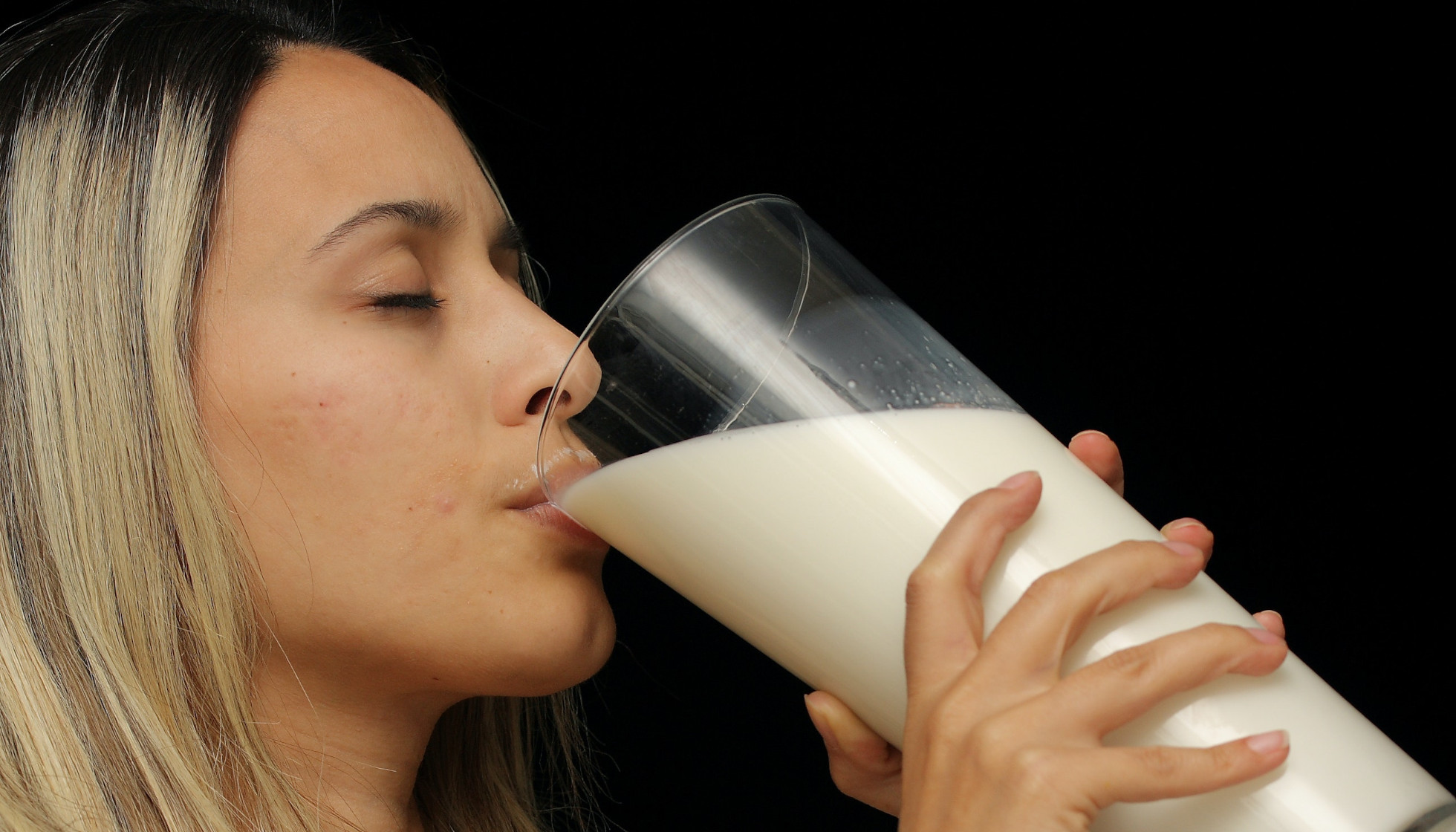Does your dairy-free eating cut it for calcium?
by Serena Hodge

Whether it be for environmental, ethical or health reasons; many people are now opting for plant-based dairy. But how can you tell if your barista-grade almond milk cuts the mustard? Below, I share my three top tips for meeting nutritional requirements on a dairy-free diet.
But first, let’s talk about calcium. We know it’s important, but why do we need it? Classified as an ‘essential nutrient’, calcium is a mineral our bodies can’t naturally produce, so we need to consume it through our diet. Calcium helps regulate muscle contraction, nerve transmission, blood clotting, regular heartbeat and strong bone and teeth formation.
Chronic low dietary intake of calcium results in the mineral being leached from bone stores to maintain blood calcium levels; which the body maintains within a strict range. This is how osteoporosis develops (and also explains why a blood test cannot detect calcium deficiency). The recommended daily intake of calcium for adults is 1000mg per day (this increases to 1300mg for women aged over 50, and men aged over 70).
If you only remember one thing, let it be this! Unlike cow’s milk, plant-based alternatives are not a natural source of calcium. This means they need to be nutritionally fortified during the manufacturing process. It’s important to always check the nutrition label on plant-based milks to ensure they contain adequate levels of calcium to support good health. Opt for those that contain 300mg of calcium per serve (250ml).
Hint: So Good, Vitasoy and Pure Harvest are my top affordable picks. Same goes for plant-based cheese and yoghurt. Check out Made By Plants cheese, Vitasoy Greek yoghurt and Chobani oat yoghurt. I often recommended these to clients embarking on a plant-based diet. Prefer to make nut mylk the DIY way at home? Get some calcium carbonate powder and fortify it yourself.
A word on coconut products.
Whether it be cultured into yoghurt, used as a fat substitute in plant-based cheese, or manufactured into milk, coconut products are flooding supermarket shelves. They taste great and look seemingly healthy, so what’s the catch? It comes down to the saturated fat content. Saturated fat is the ‘bad’ type of fat that can raise cholesterol levels and increase risk of heart disease. It’s recommended to keep saturated fat below 3g per 100g for packaged products, although it’s not uncommon for coconut yoghurt to contain up to five times this amount!
If you consume a predominantly plant-based diet that consists of minimally processed foods, then I wouldn’t lose sleep over a can of coconut milk added to your weeknight curry. Just be mindful that if your diet already contains a decent smack of saturated fat from animal-derived and packaged foods (think: fatty meat cuts, cheese, biscuits, cakes) an excessive intake of coconut products won’t exactly work wonders for your ticker.
Think outside the box.
If I asked you to name foods that contain calcium, what would you say? Perhaps milk, cheese, yoghurt and, umm… *crickets*. But what if I told you that non-dairy foods can also contribute to your daily calcium intake. Good sources include tahini, almonds, figs, oranges, tinned fish with bones, dark leafy greens, Wakame and blackstrap molasses. It’s important to note plant-based foods contain lower amounts of calcium, meaning it is difficult to meet daily requirements through eating these foods alone. Some plant-based foods (such as spinach and almonds) also contain oxalates, which are natural compounds that bind to calcium and reduce their absorption in the digestive tract. Calcium absorption can also be reduced by low vitamin D levels; and to a lesser extent, caffeine.
So what does all of this mean for the plant-based lovers?
Consider fortified plant-based dairy alternatives as your main dietary source of calcium. Use coconut products sparingly. Maximise your intake of calcium-rich plant foods (and consume them in isolation to your daily coffee). Lastly, remember that daily sun exposure during winter is super important for maintaining healthy vitamin D levels and reaping the nutritional benefits of your (now) well-informed dairy-free diet.
Always consult your doctor or relevant health professional before starting any major dietary or lifestyle change. This article is not intended to provide medical or individualised dietary advice.
For more information follow Serena on Instagram @coconut_mason or at www.coconutmason.blogspot.com.

